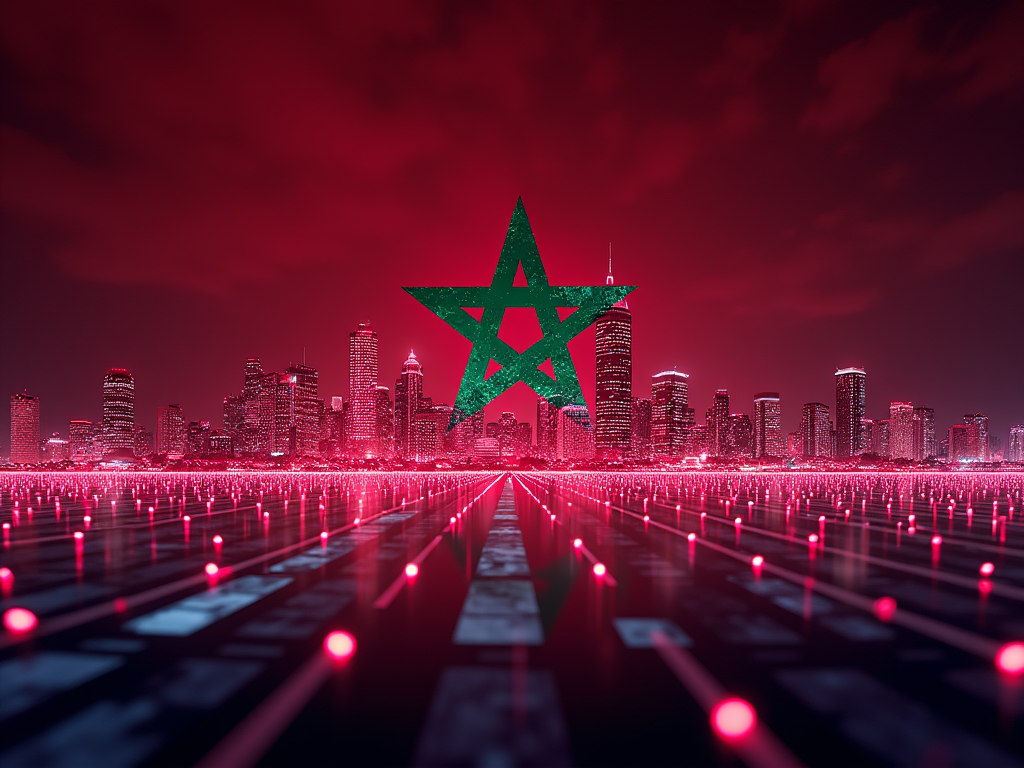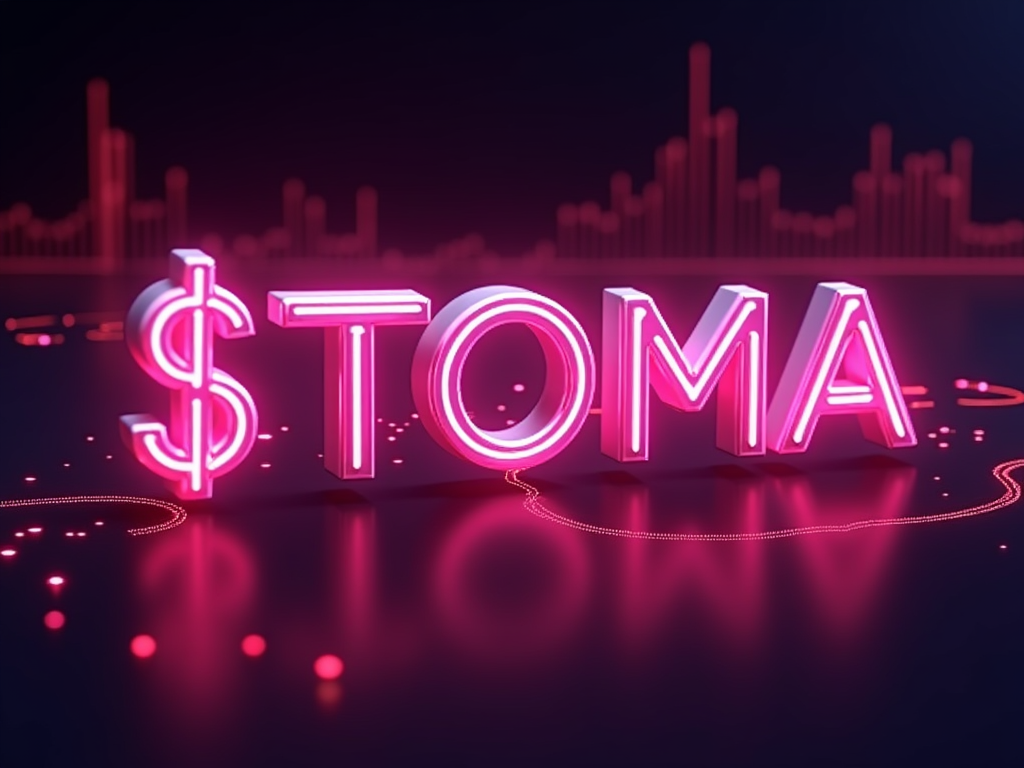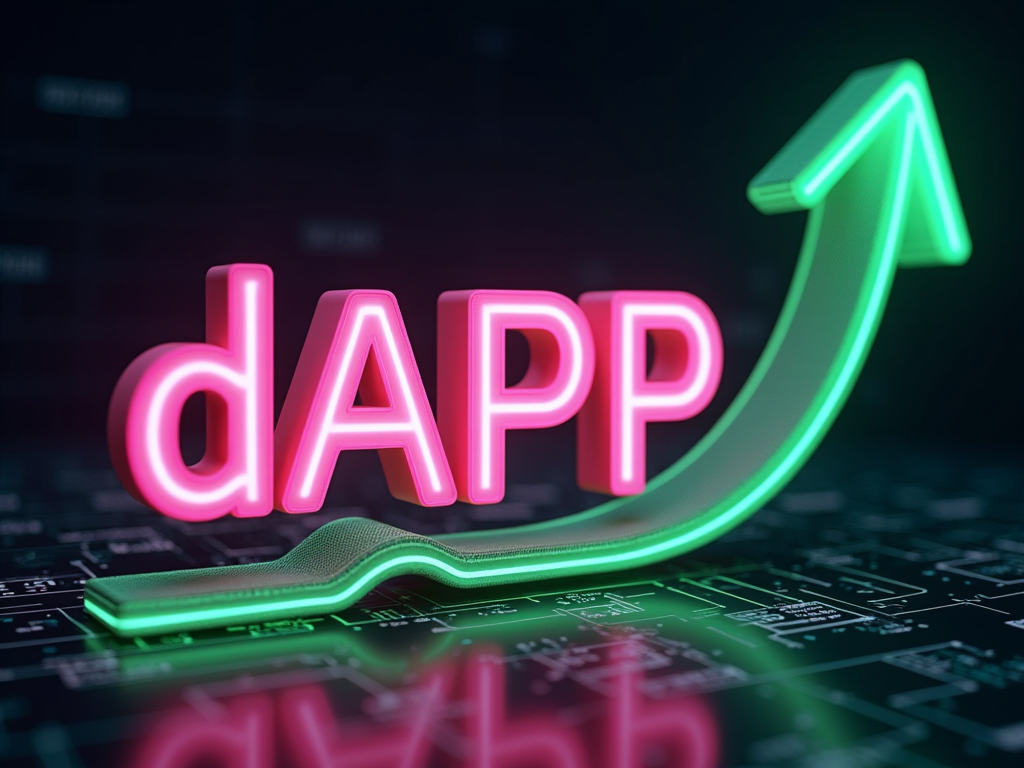Key Points
- Morocco unveils a $1.1 billion national digital transformation strategy aimed at becoming a global digital hub and improving its electronic development index ranking from 113th to 50th place.
- The strategy focuses on digitizing public services, creating 240,000 jobs in the digital sector, and training 100,000 young people annually in digital skills by 2026.
Morocco Sets Sights on Digital Transformation
Morocco officially launched its ambitious “Digital Morocco 2030” strategy, a comprehensive plan aimed at transforming the North African nation into a global digital hub. Prime Minister Aziz Akhannouch presented the roadmap via videoconference, emphasizing the government’s commitment to accelerating social development through digital innovation.
The strategy, backed by a substantial budget of over 1.1 billion dollars, sets forth a series of ambitious goals to revolutionize Morocco’s digital landscape. Key objectives include strengthening digital infrastructure, enhancing the technical skills of young people, and supporting new startups in the digital sphere.
Boosting Employment and Skills Development
One of the primary focuses of the Digital Morocco 2030 strategy is job creation and skills development in the digital sector. Prime Minister Akhannouch stated, “Through this strategy, which mobilizes 1.1 billion dirhams between 2024 and 2026, the executive aims to train 100,000 young people annually in the digital field (instead of 14,000 in 2022) and sets the goal of employing 240,000 people in the national digital sector.”
The plan also aims to triple the number of graduates in digital disciplines from public universities by 2027. This emphasis on human capital development is crucial for achieving the strategy’s ambitious employment targets and positioning Morocco as a competitive player in the global digital economy.
Modernizing Public Services and Administration
A key component of the Digital Morocco 2030 strategy is the creation of a Unified Administrative Services Portal, announced by Ghita Mezzour, Minister Delegate in charge of Digital Transition and Administration Reform. This portal will serve as a centralized hub for all digital administrative services, streamlining access for citizens and businesses alike.
The government plans to prioritize the modernization of digital processes in key areas such as health, social protection, investment, education, and employment. To support this initiative, the Moroccan Digital Development Agency (ADD) will be strengthened to assist in the implementation of digitalization across public administrations.
Fostering Innovation and Entrepreneurship
The strategy also places a strong emphasis on supporting startups and fostering innovation within Morocco’s digital ecosystem. Chakib Alj, president of the CGEM employers’ association, called for support for startups looking to expand globally, emphasizing the importance of cultivating a mindset without limits.
To achieve this, the government plans to create fablabs and prototyping centers, encouraging open innovation. The strategy also aims to attract large technology companies from around the world to set up operations in Morocco, strengthening key sectors such as automotive and aeronautics while increasing value-added in outsourcing.
As Morocco embarks on this ambitious digital transformation journey, the Digital Morocco 2030 strategy represents a significant step towards positioning the country as a leading digital hub in Africa and beyond. With its focus on job creation, skills development, and modernization of public services, Morocco aims to create a thriving digital ecosystem that will drive economic growth and improve the lives of its citizens in the years to come.













